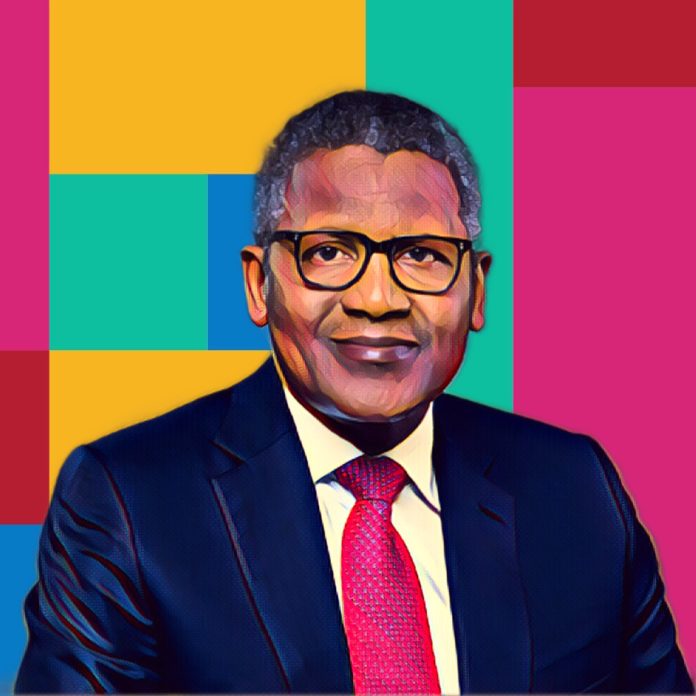KEY POINTS
- Dangote urges the Nigerian government to end fuel subsidies to save money.
- His refinery will help measure true fuel consumption and stabilize the naira.
- Fuel imports and subsidy payments have worsened Nigeria’s economic situation.
Aliko Dangote, Africa’s richest man and the CEO of the Dangote Group of companies, recently urged the Nigerian government to eradicate fuel subsidies.
During an interview with Bloomberg Television, Dangote stated that these subsidies would merely help the government uncover the actual fuel consumption by Nigeria and would save so much unnecessary spending by the central authority.
He noted that the subsidy system permits inflated expenses draining government resources.
Why subsidies must go
Dangote, who established a $20 billion oil refinery in Lekki, Lagos a few weeks ago, said that his refinery could solve most of Nigeria’s complaints regarding fuel.
In his view, abolishing the fuel subsidies is the only way to restore economic stability in the country. Subsidy payment is always like the multiple of the actual figure required because it is calculated from flawed data or inflated figures.
Some said Nigeria consumes 60 million litres of gasoline per day; however, Dangote criticized such numbers as inaccurate.
Subsidy removal will make it possible to determine the actual fuel requirement, especially with his refinery tracking every shipment. This system would ensure that fuel does not leave the country and is not smuggled out.
Impact of the new refinery
The capacity of the newly built Dangote Refinery is 650,000 BPD, which will ensure fuel production in Nigeria without much importation from other countries.
According to BusinessDay, Dangote said that importing crude and petroleum products has been a giant factor in why the naira has been devalued. Petroleum currently contributes nearly 40% of Nigeria’s foreign exchange consumption. Producing fuel locally may help ease the stress on Nigeria’s currency, stabilizing it in the future.
While Dangote cannot control fuel prices, he confidently expects that the government will remove subsidies given the ongoing problems. The refinery being a private company will still strive to make a profit while at the same time helping to solve the nation’s dilemma of fuel crisis.
The rising cost of fuel
The fuel prices in Nigeria have been very high since President Bola Tinubu declared the withdrawal of fuel subsidies in May 2023.
While petrol was previously being sold for between N600 per litre, it has now risen to over N1,000 per litre. Since the exchange rate is now being pegged, the naira has continued to drop and this has made the cost of fuel to be even more unbearable to the citizens of Nigeria.
Much of these have been expected to be reduced by Dangote’s refinery though it depends on government polices in the future.



